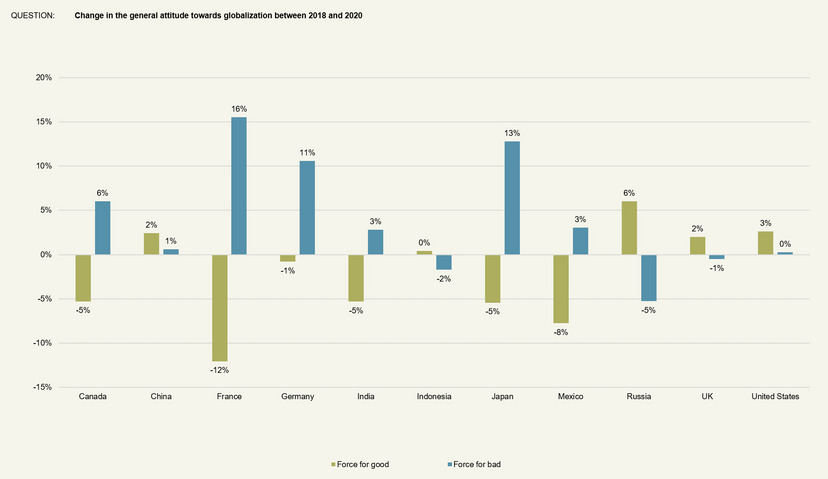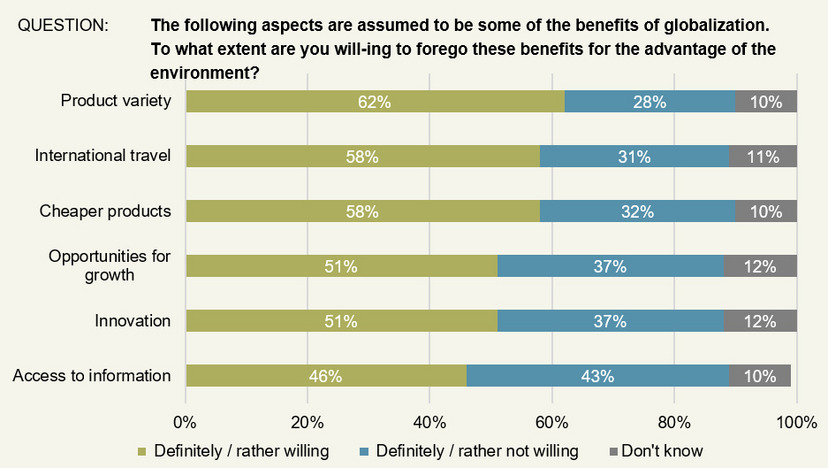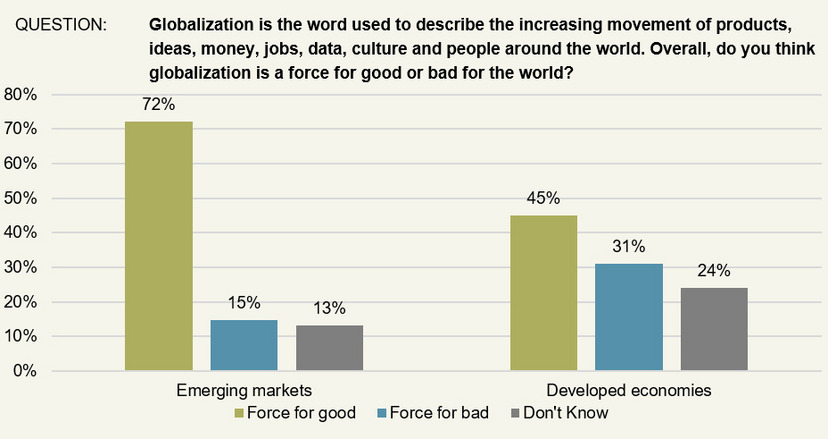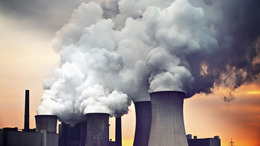YouGov conducted our survey in 15 emerging markets and developed economies from late February to mid-March 2020. As the results pre-date any changes in attitudes arising from the coronavirus crisis, many people may consider them dated. We believe, however, that they show some clear underlying tendencies that will almost certainly remain with us well beyond the pandemic. In addition, they might provide a useful point of reference when comparing them with other polling data during or after the crisis.
Our three main findings are: First, compared to the results of our 2018 survey, we find that, while overall still positive, general support toward globalization and international trade have declined.








